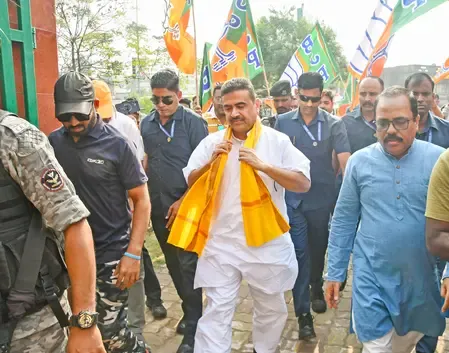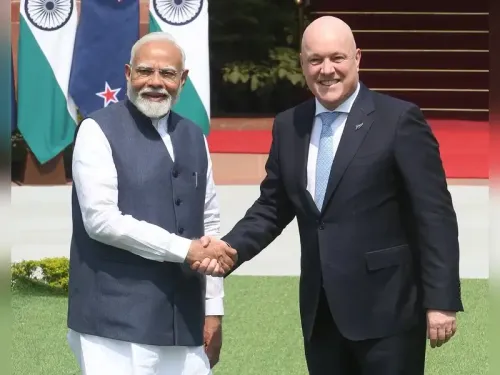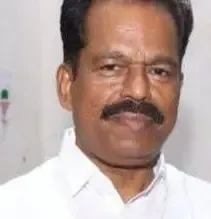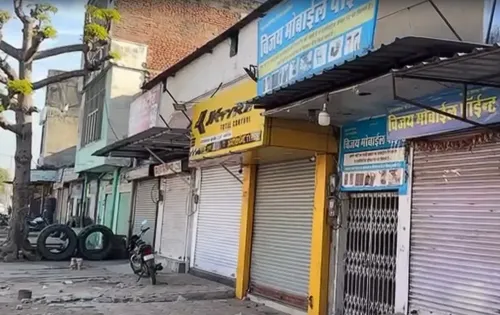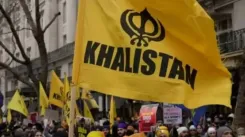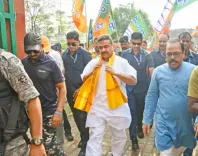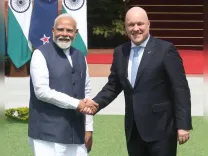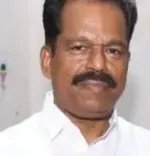Why Did the ED Cut Special Director Satyabrata Kumar's Tenure?
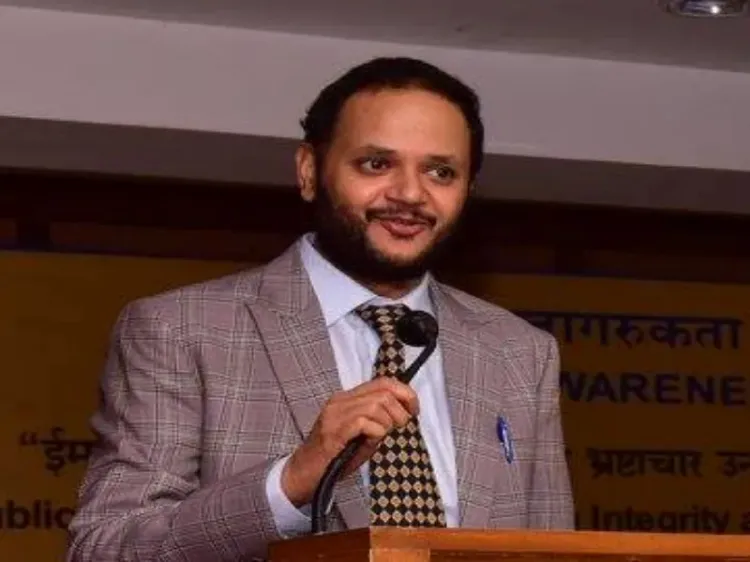
Synopsis
Key Takeaways
- Satyabrata Kumar's tenure at the ED has been cut short.
- He played a crucial role in major financial crime investigations.
- His return to the Central Board of Indirect Taxes and Customs may indicate new assignments.
- The decision reflects changing priorities within the enforcement landscape.
- New leadership may steer ongoing investigations in a different direction.
New Delhi, June 2 (NationPress) The Appointments Committee of the Cabinet has sanctioned the termination of Satyabrata Kumar's deputation as Special Director at the Enforcement Directorate (ED), and he will be promptly repatriated to his original cadre, the Central Board of Indirect Taxes and Customs.
This decision concludes Kumar's extended service at the ED, where he has dedicated over eleven years. A member of the 2004 batch of the Indian Revenue Service (Customs and Indirect Taxes), Kumar began his ED career in 2013 as a Joint Director in Mumbai.
Throughout his tenure, he significantly contributed to the investigation of numerous high-profile financial crimes, including the Rs 12,500-crore Punjab National Bank scandal involving fugitive diamond merchants Nirav Modi and Mehul Choksi, the Rs 9,200-crore bank loan fraud tied to liquor baron Vijay Mallya, and cases of terror financing associated with the late drug lord Iqbal Mirchi.
His adeptness in tackling intricate economic offenses has established him as a renowned investigator.
In 2019, there was a prior attempt by the Finance Ministry to repatriate Kumar, but his transfer was quickly annulled by then-ED Director SK Mishra, who viewed Kumar as a valued asset.
In 2022, he received an extension to remain with the ED until October 2026. However, the latest order has curtailed his tenure by approximately seventeen months.
Speculation among officials suggests that Kumar’s return to his original cadre may be connected to a crucial assignment that will leverage his investigative skills.
His time at the ED has been marked by pivotal contributions to financial crime investigations, and his exit signifies a change in the agency’s leadership dynamics.
The government’s choice to repatriate him highlights the shifting priorities within the enforcement landscape, as new leadership assumes control of ongoing investigations.


